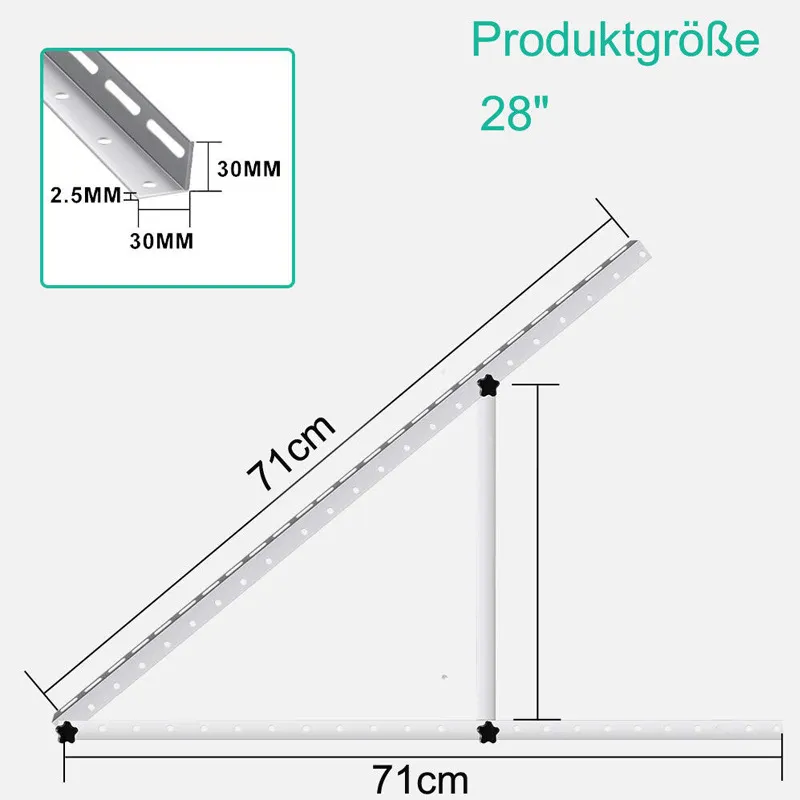

self tapping screws into cast iron
Dec . 11, 2024 10:05 Back to list
self tapping screws into cast iron
Self-Tapping Screws and Their Application in Cast Iron
Self-tapping screws are a staple in the world of fasteners, renowned for their ability to create their own mating threads in materials, thereby eliminating the need for pre-drilled holes. This feature makes them particularly valuable in a wide variety of applications, including working with cast iron, a material known for its durability and excellent castability. Understanding the methods, advantages, and considerations when using self-tapping screws in cast iron can significantly enhance the efficiency and effectiveness of your projects.
Understanding Cast Iron
Cast iron is an alloy of iron, carbon, and silicon, typically containing 2% to 4% carbon. Its unique properties, such as excellent machinability, good wear resistance, and ability to withstand high temperatures, make it a popular choice in industries ranging from automotive to plumbing. However, cast iron is also brittle, which can pose challenges when it comes to fastening methods.
The Role of Self-Tapping Screws
Self-tapping screws are designed with a sharp point and specially engineered threads. These features allow them to penetrate materials without the need for pilot holes, providing a quicker and more efficient fastening solution. When applied to cast iron, self-tapping screws offer several advantages
1. Speed of Installation The ability to tap threads while driving in means installations can be completed more rapidly, reducing labor time and costs. 2. Reduced Risk of Damage Traditional screws may require drilling, which can lead to cracking or breaking in more brittle materials like cast iron. Self-tapping screws minimize this risk by relying on their design to create threads as they are inserted.
3. Increased Holding Power Because self-tapping screws create a tight fit in the material, they often provide superior holding strength, ensuring that components remain firmly secured over time.
4. Versatility Self-tapping screws come in various sizes and types, from pan-head to flat-head, making them suitable for different applications in cast iron.
Choosing the Right Self-Tapping Screw
When selecting self-tapping screws for cast iron, there are several factors to consider
- Material Screws made from carbon steel or stainless steel are most commonly used
. Stainless steel offers better corrosion resistance, which is critical in certain environments.self tapping screws into cast iron

- Thread Design The choice between coarse or fine threads is essential. Coarse threads provide better grip and are often preferred for softer materials or where rapid installation is needed.
- Screw Length Ensure that the screw length is suitable for the thickness of the cast iron piece you are working with. It should be long enough to ensure a strong grip without protruding excessively.
- Point Type Self-tapping screws come with different point types such as sharp points for easier penetration. Selecting the right point type for cast iron can make installation smoother.
Installation Tips
To achieve the best results when using self-tapping screws in cast iron, follow these tips
1. Use a Torque Control Over-tightening can lead to stripping the threads or even cracking the cast iron. Use a torque-controlled screwdriver to avoid these issues.
2. Pre-Drill (if necessary) Although many self-tapping screws can penetrate cast iron without pre-drilling, in cases where the cast iron is exceedingly hard, a small pilot hole may improve performance.
3. Clean the Surface Ensure that the area where the screw will be installed is clean and free of debris. This allows for better engagement of the screw with the material.
4. Consider Lubrication Applying a little lubricant can help during installation, especially in thicker materials, facilitating smoother screw insertion.
Conclusion
Self-tapping screws present an efficient and effective fastening solution for cast iron, combining speed, reduced risk of damage, and reliable holding power. By understanding the properties of both the screws and cast iron, along with adhering to best practices during installation, professionals can ensure successful outcomes in their projects. Whether in manufacturing, repairs, or construction, leveraging self-tapping screws with cast iron can result in long-lasting and sturdy structures.
Latest news
-
Hot Dip Galvanized Bolts-About LongZe|High Strength, Corrosion Resistance
NewsJul.30,2025
-
High-Strength Hot Dip Galvanized Bolts - Hebei Longze | Corrosion Resistance, Customization
NewsJul.30,2025
-
Hot Dip Galvanized Bolts-Hebei Longze|Corrosion Resistance&High Strength
NewsJul.30,2025
-
High-Strength Hot-Dip Galvanized Bolts-Hebei Longze|Corrosion Resistance&High Strength
NewsJul.30,2025
-
Hot Dip Galvanized Bolts-Hebei Longze|Corrosion Resistance&High Strength
NewsJul.30,2025
-
Hot Dip Galvanized Bolts - Hebei Longze | Corrosion Resistance, High Strength
NewsJul.30,2025

